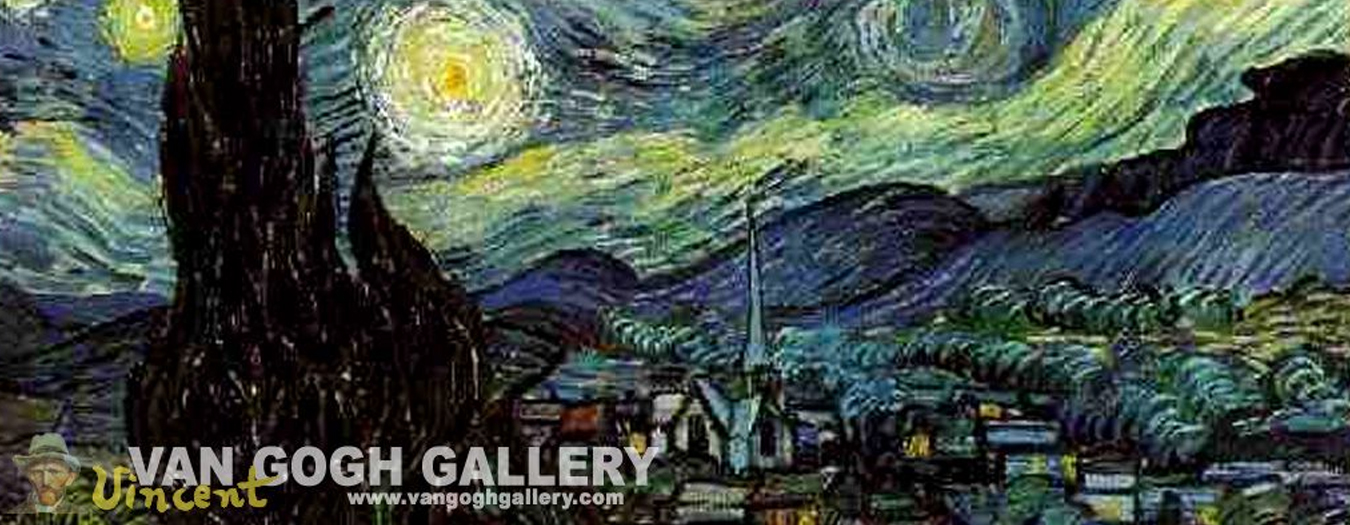Where is your office located?
What are your hours?
How long are the sessions?
How do I set up an appointment?
What is your cancellation policy?
Do you take insurance?
I do not accept insurance. My practice provides personalized, philosophical counseling not typically covered by insurance plans. Payment is due at the time of service.
How much do you charge?
What age ranges do you work with?
I specialize in working with adults over the age of 18. My practice focuses on individual counseling.
What can I expect in a typical session?
Do I need to do anything between sessions?
While I don’t assign “homework” in the traditional sense, I do encourage reflection and self-exploration between our sessions. When appropriate, I may ask you to graph your loss and relationships or suggest journaling and contemplating specific questions we discuss. I may also recommend books or direct you to helpful tools. However, all work between sessions is entirely voluntary. These suggested activities help support your growth but are not mandatory.
What is your approach to grief counseling?
My approach combines philosophical insight with practical strategies. We work together to address unresolved emotions and thoughts related to your loss, helping you find closure and peace. Once we address the immediate pain, we will explore opportunities for personal growth, guiding you toward eudaimonia – a life worth living.
What makes your practice different from traditional therapy?
My practice is rooted in philosophical counseling rather than traditional psychotherapy. This focus emphasizes exploring existential questions, finding more profound meaning, and guiding you through life’s challenges using philosophical principles rather than clinical or diagnostic approaches.
How long will it take to see results?
The timeline varies depending on the individual and their grief or challenges. Some clients begin to feel a sense of relief and clarity within a few sessions, while others may find their journey toward meaning and fulfillment takes longer. I aim to support you every step of the way for as long as you need.
What should I know to get the most out of working with you?
What inspired you to become a philosophical counselor?
I’ve always been captivated by the big questions of life – those that challenge us to think deeply about our purpose and meaning. My study of philosophy and counseling allowed me to merge these disciplines to help others navigate their existential journeys in a way that traditional therapy didn’t fully address.
Do you have any favorite philosophers?
Absolutely! I draw inspiration from the big three – Plato, Aristotle, Immanuel Kant – and Nietzsche and Derrida. I am also profoundly influenced by the lesser-known philosopher Peter Koestenbaum and the writings of Viktor Frankl. Their works on meaning, ethics, and the human condition resonate deeply with my approach to counseling.
What do you enjoy doing when you're not counseling?
When I’m not working with clients, you’ll often find me engrossed in a good book, engaging in philosophical discussions, or exploring cultural events. These activities fuel my passion for understanding the human experience and keep me grounded in my work.
What's the most rewarding part of your work?
The most rewarding part is witnessing the transformation in my clients as they move from a place of pain and confusion to one of clarity and purpose. Helping someone find meaning in their experiences and guiding them toward a life worth living is incredibly fulfilling.
If you could offer one piece of advice to someone dealing with grief, what would it be?
Allow yourself the space to feel and reflect on your emotions. Grief is not something that requires “fixing” but rather a journey to be understood. Through that understanding, you can find a path to healing and growth.
Dogs or cats?
What's your favorite book?
That’s a tough one! If I had to pick, my favorites are The New Image of the Person by Peter Koestenbaum and Man’s Search for Meaning by Viktor Frankl. Both books perfectly encapsulate the intersection of suffering and purpose, central to my work.

